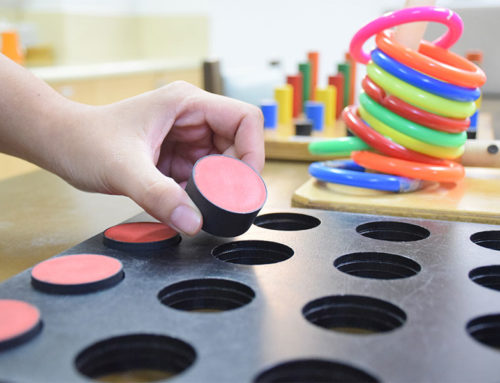Attention-Deficit/Hyperactivity Disorder or ADHD is a brain-based ailment that makes it difficult for a person to control his behavior. The brain creates an interference in its function; a deficiency in one of the neurotransmitters of certain brain regions. This can disrupt the brain and its processes, resulting in short attention span and difficulty in mental development.
There are misconceptions linked to this disease such as it being caused by bad parenting or that an overly active child automatically has ADHD. But, showing certain unusual behavior doesn’t necessarily mean that a child has ADHD.
To correct these wrong notions about ADHD, remember these three important Cs– Cause, Common Symptoms, and Cure. Let these serve as your guide as you seek medical help for a loved one suspected of having ADHD.
Knowing the Cause
Some cases of ADHD are genetic in origin, meaning that other members of the family may also exhibit the disorder. However, non-genetic factors such as brain injury or complications during pregnancy (because of alcohol or other risky habits) are also possible causes that contribute to delays in the infant’s development.
I Saw the Sign: Common Symptoms
A child having one, more, or all of these symptoms does not necessarily mean that he/she has ADHD. However, these are symptoms commonly manifested by patients with ADHD–their presence should alert parents to seek medical intervention for their child.
- Short attention span
- Feeling of restlessness
- Forgetful. Usually misplaces even the important things such as cell phones or bag
- Usually interrupts others in a conversation
- Anxiety
- Depression
Is there a Cure?
There is no cure to fully correct the disorder. Fortunately, treatments such as therapy and proper medication can alleviate symptoms and help the person to gain more focus and develop his mental abilities. Prescription drugs such as stimulants and antidepressants (for older patients) promotes proper thinking and improves attention span; therapeutic activities such as joining ADHD support groups, stress management, and even seeking help from a therapist may help patients better deal with the disorder.
Despite the symptoms, people with ADHD are still fully functional, meaning they can live a normal life just like any member of society. They are just more impulsive and hyperactive than most, so patience, understanding, and support are encouraged to help them succeed in life.
Pay attention to your loved one’s health. If you know someone exhibiting symptoms of ADHD, ManilaMed has the doctors to give them proper care and medical advice. Visit manilamed.com.ph for more information or call (02) 523 8131 loc. 7795/ 7796 for their Child Development Enrichment Center.




